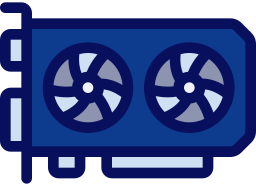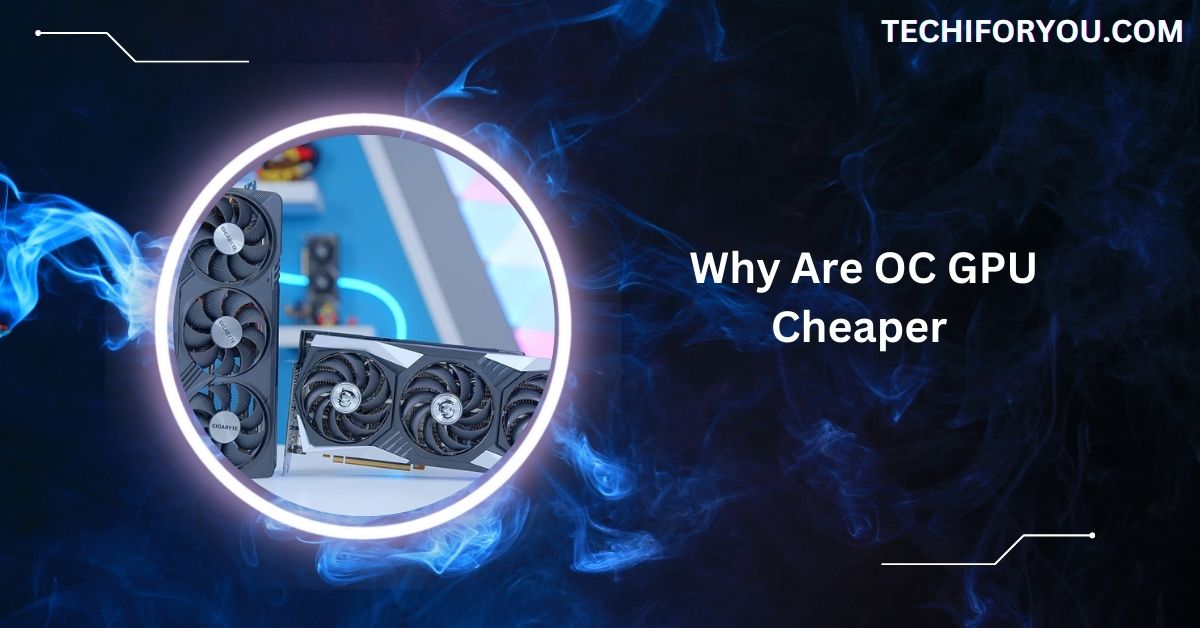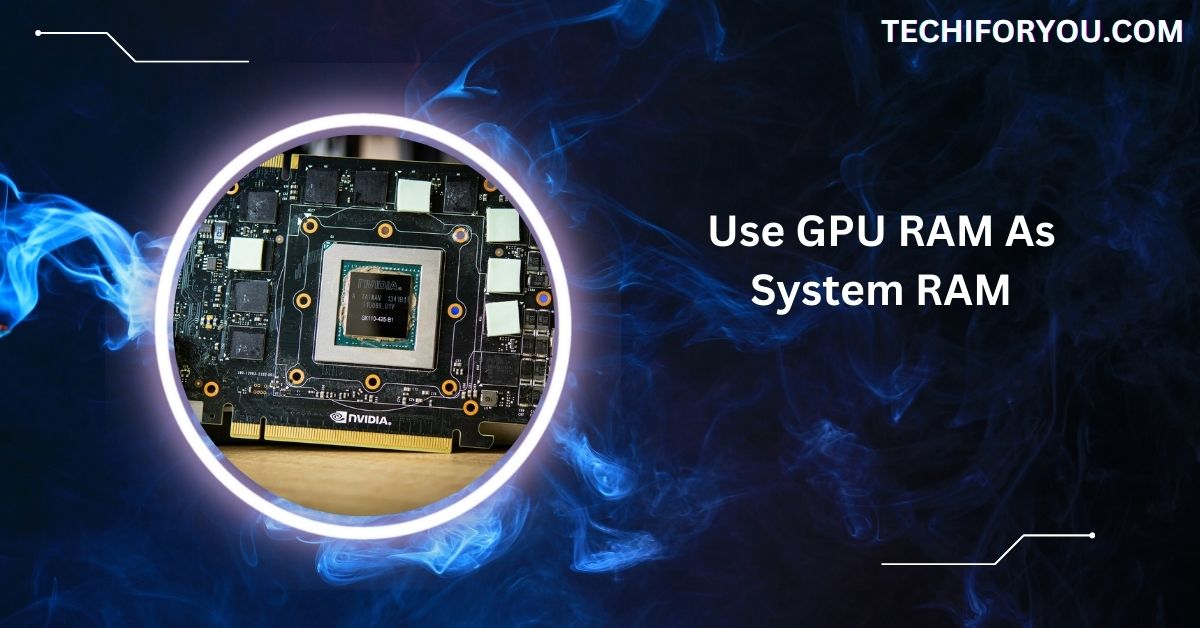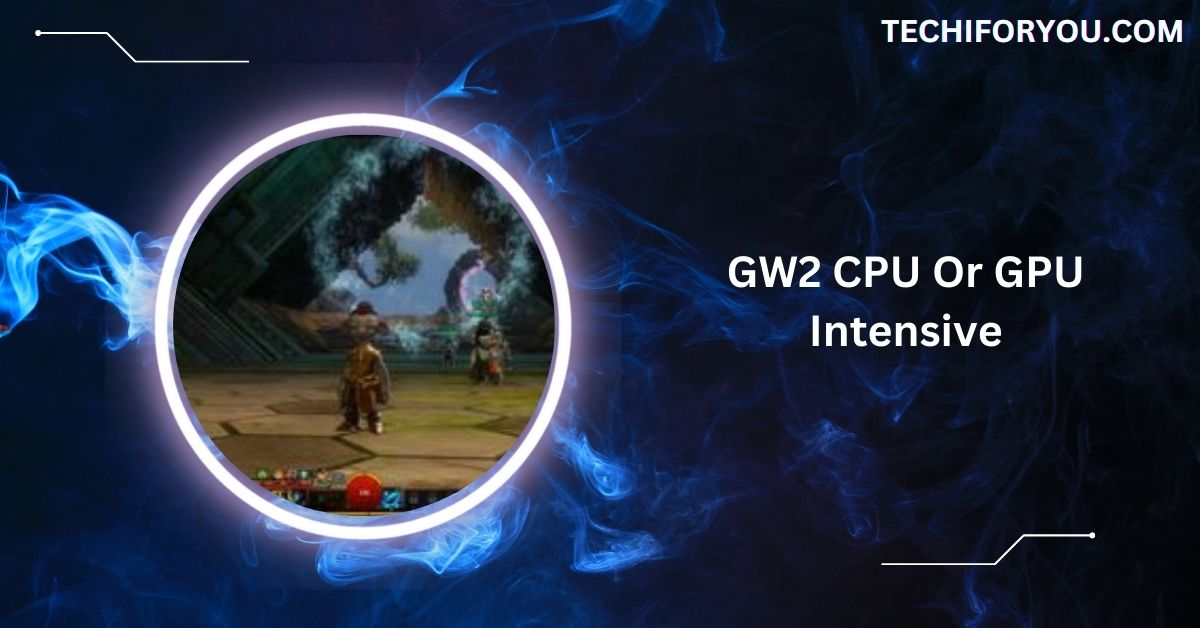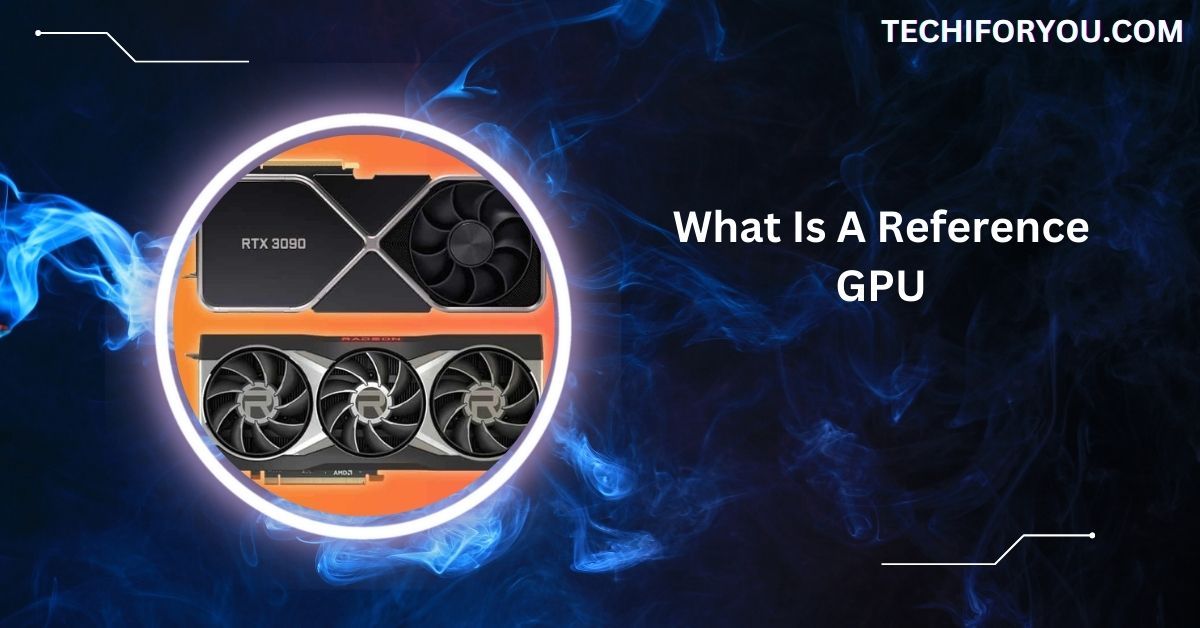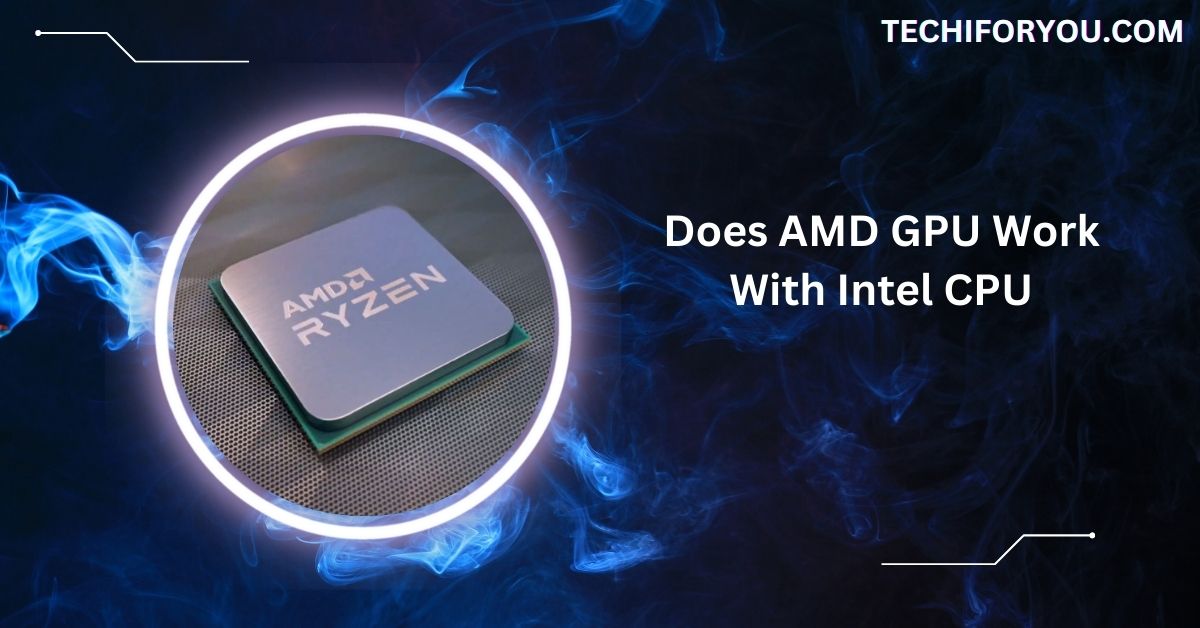Overclocking a GPU (Graphics Processing Unit) is a popular way to boost gaming or performance.
OC GPUs are cheaper because they are factory overclocked versions of stock models, often with minimal performance gains. Overclocking doesn’t require significant voltage or power limit changes, and they may have less demand due to competition.
In this guide, we’ll break down the pros and cons of overclocking, answer common questions, and help you decide if it’s right for your system.
Understanding GPU Overclocking
GPU overclocking involves boosting the GPU’s clock speed to enhance its performance and make it run faster. This boosts performance, helping games and apps run smoother.
However, it also generates more heat and uses more power. It’s important to monitor temperatures and ensure good cooling to prevent damage.
Market Dynamics of GPUs
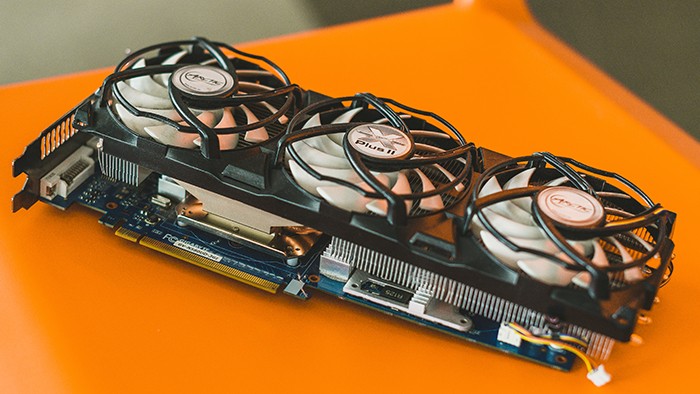
The GPU market is competitive, with many companies releasing new models. Prices change based on demand, technology advancements, and competition.
Older models might be discounted to make room for new ones. This constantly evolving market gives buyers options and influences pricing, making GPUs more affordable.
Factors Contributing to Lower Prices of OC GPUs
1. Manufacturing and Supply Chain
Manufacturing costs and supply chains affect GPU prices. When companies produce more GPUs, they can lower costs per unit.
If there are issues like shortages or delays, prices can go up. Efficient production and smooth supply chains help keep prices down for consumers.
2. Market Saturation
As more GPUs flood the market, competition increases, which can drive prices down. When many similar products are available, companies reduce prices to attract buyers. Saturation makes consumers more cautious, leading to more affordable options and better deals.
3. Consumer Perception
Consumer perception plays a role in pricing OC GPUs. Suppose buyers believe overclocked GPUs provide little extra value.
In that case, they may hesitate to pay more—manufacturers often lower prices to make them seem more appealing and match customer expectations for performance versus cost.
Must Read: Is 60C Safe For GPU? – Why It’s Safe And How to Monitor It!
Production Costs
Production costs influence GPU prices. Manufacturers must factor in materials, labor, and technology when making overclocked GPUs.
Overclocked GPUs may use components similar to stock models but with slight adjustments, so production costs are usually lower, allowing companies to price them more competitively for consumers.
Performance vs. Price
Overclocked GPUs offer higher performance, but the price difference might not justify the small gains for most users. Performance improvements are often marginal for casual gamers or everyday tasks, meaning some buyers prefer to stick with stock GPUs for better value at a lower cost.
Warranty and Reliability Concerns
OC GPUs can have shorter warranties or fewer guarantees, as manufacturers may only partially support the overclocked performance.
This makes some consumers cautious. With stock GPUs, there’s often more confidence in long-term reliability, so overclocked models may be priced lower to account for potential reliability risks.
Brand Competition
Brand competition drives GPU pricing. Manufacturers compete to offer the best performance and value for consumers. Overclocked models often get priced lower to attract more buyers. If one brand provides better performance at a similar price, others may lower their prices to stay competitive.
Resale and Second-Hand Market
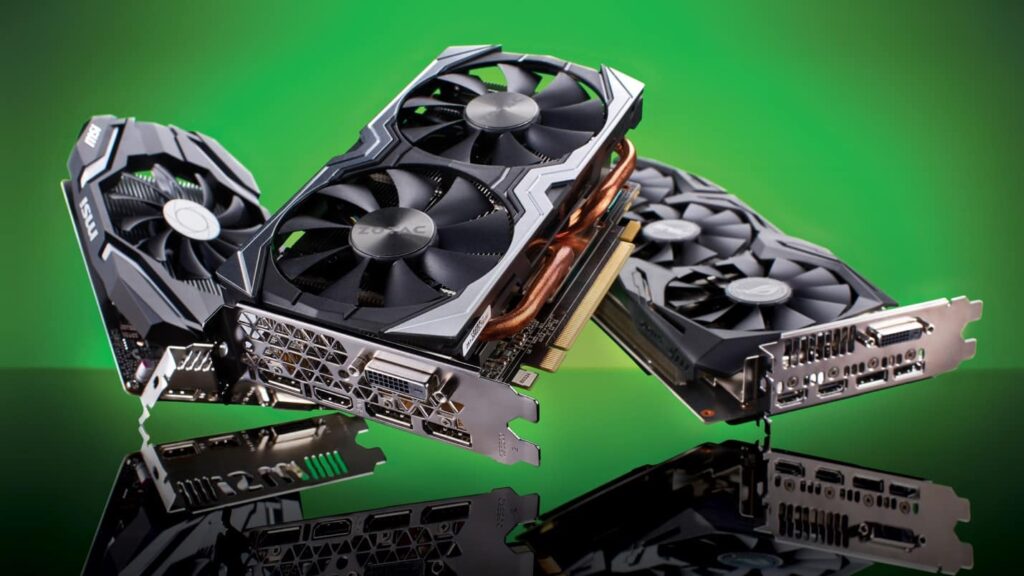
The resale and second-hand market also affect GPU prices. Overclocked GPUs, especially those used in mining or high-performance scenarios, may depreciate faster.
Consumers may find used OC GPUs at lower prices than new ones, making them more affordable options for buyers on a budget.
Future Trends in GPU Pricing
Future trends in GPU pricing may see further drops due to advancements in manufacturing, increased competition, and growing availability.
As new technologies like AI and gaming evolve, demand for high-performance GPUs may push prices down. Consumers can expect more value for their money in upcoming years.
Why pre-OC GPU is cheaper?
Pre-overclocked (Pre-OC) GPUs are often cheaper because manufacturers mass-produce them. Though they are adjusted for better performance, the demand is generally lower. As a result, prices drop to attract buyers, making them more affordable than custom or factory OC models.
Read Out: GPU 88C When Gaming – Causes And Solutions In 2025!
Why are you buying an OC edition GPU?
People buy OC edition GPUs for better performance. These models are factory-tested for higher clock speeds, slightly boosting gaming or workloads. Enthusiasts and gamers who want extra power choose these to get better results from their system.
What’s the point of buying an OC GPU?
Buying an OC GPU is to get better performance out of the box. Overclocked models come pre-configured for higher speeds, offering smoother gameplay and faster rendering without needing to overclock and risk stability issues manually.
Does OC Edition Mean
“OC Edition” means the GPU has been factory overclocked. This means it’s set to run at higher clock speeds than the standard version, providing better performance. It’s designed for users who want more power without tweaking settings themselves.
Is there any advantage to buying an overclocked GPU?
The advantage of buying an overclocked GPU is improved performance. It can handle demanding games and tasks better than standard GPUs.
For gamers and creators looking for extra speed without tweaking settings, OC GPUs provide a hassle-free solution for better performance.
The $500 MORE for OC models is NOT worth it. Buy the cheapest ones.
Spending $500 more on an OC GPU may only be worth it for some. The performance boost is often small and not noticeable for casual users. A cheaper stock GPU offers great value for most tasks if you don’t need the extra power.
Does OC Edition GPU last longer than stock GPU without overclocking?
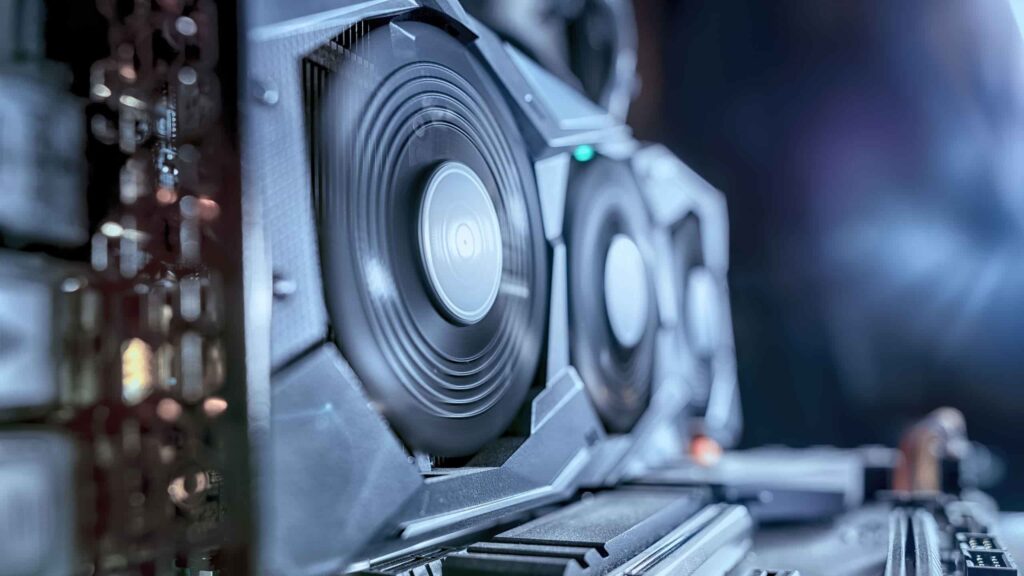
An OC edition GPU may wear out faster than a stock one because it’s running at higher speeds. However, if not overclocked further, it can last as long as a stock GPU. Just make sure to maintain good cooling and ventilation.
What is the difference between a normal graphics card and a OC edition of same series?
The clock speed is the main difference between a normal graphics card and an OC edition. OC editions are pre-overclocked at the factory, providing improved performance immediately without the need for adjustments. The rest of the features are mostly similar between both models.
The point of 4090 vs 4090-OC
The 4090-OC is a version of the 4090 that comes pre-overclocked for better performance. It offers faster speeds for demanding games and tasks than the regular 4090, but the difference may not be noticeable in everyday use.
Must Know: What GPU Can Run 240hz? – Top GPUs To Run Games 2025!
Cheap vs expensive Rtx 3080? Or any GPU in general
Cheap GPUs are great for casual gaming and everyday tasks, while expensive ones like the RTX 3080 offer better performance, especially for high-end gaming or professional tasks. The decision depends on your needs and budget.
Pre-overclocked GPU’s vs non-overclocked GPU’s
Pre-overclocked GPUs are tuned for higher performance out of the box, offering faster speeds without extra effort. Non-overclocked GPUs are cheaper and can still perform well but require manual tuning for better performance, which may only suit some.
Is GPU OC worth it
GPU overclocking can be worth it if you want a performance boost without manual tuning. Overclocked GPUs are ideal for gamers or content creators who need faster speeds. However, it might offer a small difference for casual users.
Is the OC edition worth it?
OC edition GPUs can be worth it if you’re looking for extra performance without tweaking settings. They come pre-overclocked, offering better speeds, but they come at a premium. It’s ideal for enthusiasts but may only be necessary for some.
Are OC GPU already overclocked?
Yes, OC GPUs come factory-overclocked. Manufacturers tweak the settings to run faster than standard models, offering better performance immediately. You don’t need to adjust the settings manually for faster performance.
OC vs non OC GPU
OC GPUs offer higher clock speeds and better performance compared to non-OC models. Non-OC GPUs are usually cheaper and offer solid performance, but OC models are the better choice if you want extra power and don’t mind the cost.
ASUS GPU OC vs non OC
The ASUS GPU OC models are factory-overclocked for better performance, giving you higher speeds out of the box. Non-OC versions are cheaper but don’t have those extra performance boosts. Both are reliable, but OC models are better for enthusiasts.
What is Dual OC in GPU?
Dual OC in a GPU refers to a graphics card with two overclocked profiles or modes, typically allowing users to switch between different clock speeds for performance or power efficiency. It provides flexibility based on workload demands, balancing speed and stability.
Are OC Cards Already Overclocked?
Yes, OC cards are already overclocked. Manufacturers factory-tune these GPUs to run at higher speeds than standard models, providing better performance out of the box. These adjustments are made for gaming and high-performance tasks without further user intervention.
Can I Overclock Non-OC GPU?
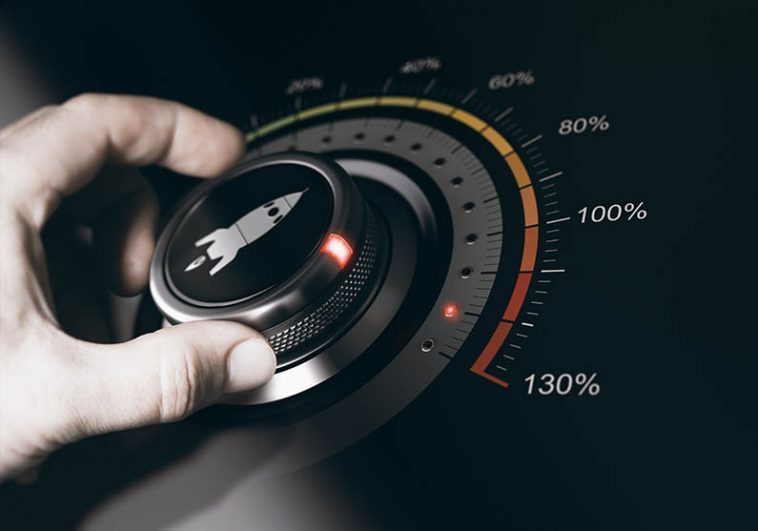
Yes, you can overclock a non-OC GPU manually. Overclocking software like MSI Afterburner or EVGA Precision X allows you to adjust the clock speeds, voltage, and fan settings. However, overclocking a non-OC GPU requires more careful tuning and monitoring for stability and temperature.
What does overclocked mean on a graphics card
Overclocked means the GPU has been set to run faster than the manufacturer’s base speed. It offers better performance for demanding tasks like gaming or rendering.
Overclocked cards come pre-tuned for extra power, providing faster processing without manual adjustments.
How Bad Is Buying Used OC GPU That’s Been Used for Cryptomining?
Buying a used OC GPU from crypto mining can be risky. These GPUs may have been stressed for long periods, leading to wear and tear. The card could have a reduced lifespan or reliability issues, so checking its condition carefully is important.
Should I buy a factory overclocked GPU or buy a non-OC version and overclock it myself?
If you want convenience, a factory overclocked GPU is a good choice. It’s already tuned for better performance. However, if you enjoy tweaking settings and want to save money, a non-OC version could be a better option for manual overclocking.
How big is the difference between a stock GPU and an OC edition GPU?
OC edition GPUs are faster than stock versions due to higher clock speeds. The difference can be significant in demanding games or tasks, but you may not notice much for general use. It’s about choosing the right option that suits your needs.
Which GPU should I buy: Stock or Overclocked (OC) or Super Clocked (SC)?
If you want the best performance without tuning, use an OC or SC GPU. These models are factory-tuned for higher speeds. If you’re on a budget or prefer to overclock yourself, a stock version can be cost-effective.
What is the difference between a “ghost” GPU and a regular OC GPU?
A “ghost” GPU is a GPU that looks like an OC model but isn’t truly overclocked. It may have been falsely marketed or incorrectly labeled. A regular OC GPU is factory-overclocked, offering higher performance than stock cards.
What is the difference between a normal and overclocked graphics card? How much does overclocking affect performance?
An overclocked GPU has been tuned to run faster than a normal GPU. This results in better performance, especially in demanding games. The performance boost can vary, but it’s often noticeable in resource-heavy tasks like gaming or video rendering.
FAQs
1. Is it better to buy OC GPU?
It depends on your needs. OC GPUs offer better performance, but non-OC might suffice if you’re on a budget.
2. Which GPU is better, OC or non-OC?
OC GPUs are faster, but non-OC models are more affordable. Select according to your performance requirements and budget.
3. Is the OC version better?
Yes, OC versions usually offer higher clock speeds, resulting in better performance for gaming and heavy tasks.
4. What are the pros and cons of OC GPU?
Pros: higher performance, better for gaming.
Cons: higher cost, the potential for increased power consumption, and heat.
5. Is OC good for gaming?
OC GPUs boost frame rates and gaming performance, offering smoother gameplay, especially for demanding titles.
6. What is the highest OC GPU?
The highest OC GPU varies by generation, but top-end models like the RTX 4090 offer extreme overclocking potential.
7. What does OC do to GPU?
OC increases a GPU’s clock speeds, enhancing performance, allowing faster graphics processing, and improving gaming or rendering capabilities.
8. What are the drawbacks of OC a CPU?
Overclocking a CPU can lead to higher heat output, increased power consumption, and possible system instability or reduced lifespan.
9. Is undervolting a GPU worth it?
Undervolting reduces power consumption and heat, improving efficiency and system stability without sacrificing much performance. It’s worth considering for a longer lifespan.
10. Does overclocking GPU reduce lifespan?
Yes, overclocking can increase heat and power consumption, which may reduce a GPU’s lifespan if not properly managed.
Conclusion
In conclusion, overclocked (OC) GPUs offer higher performance but come at a lower price due to minimal demand and competition. While they provide faster speeds for gaming and tasks, the price-to-performance gain may only justify the cost for some users.
